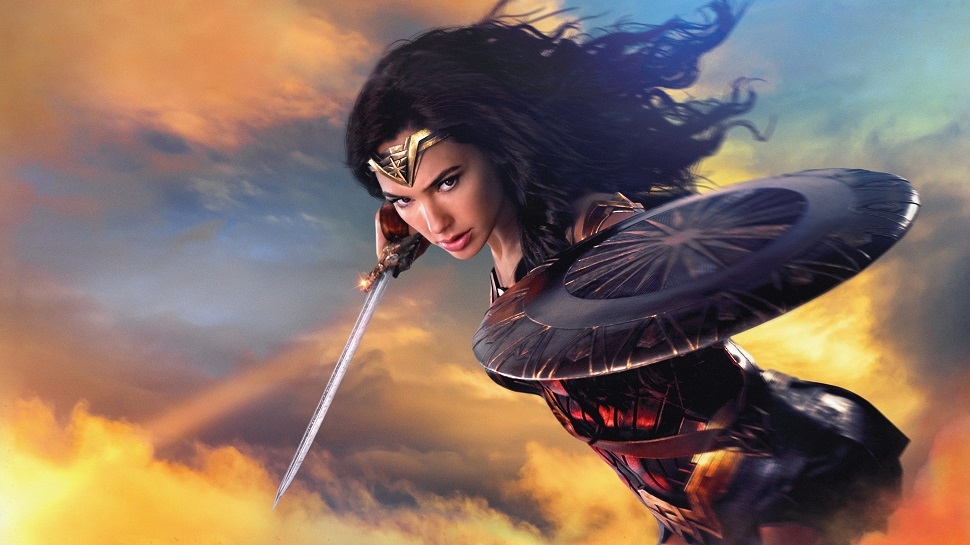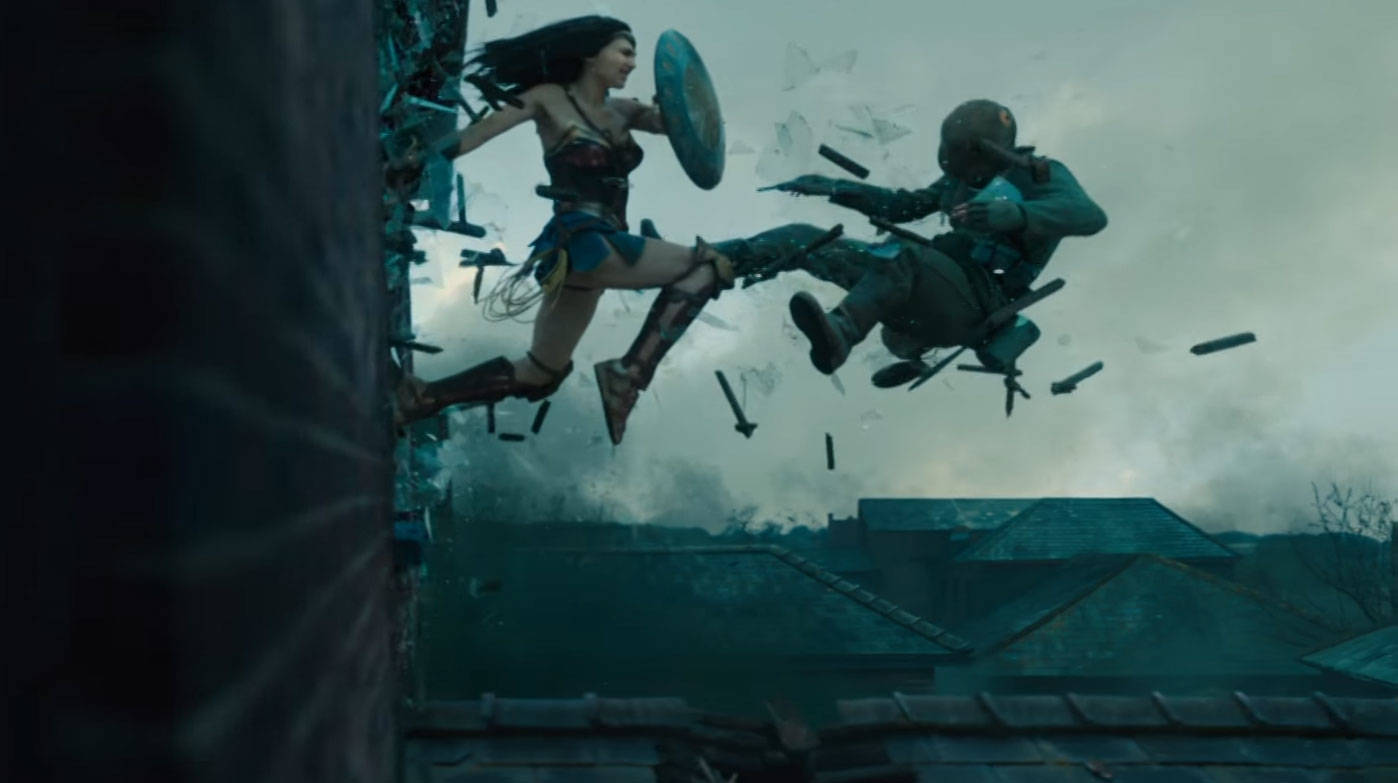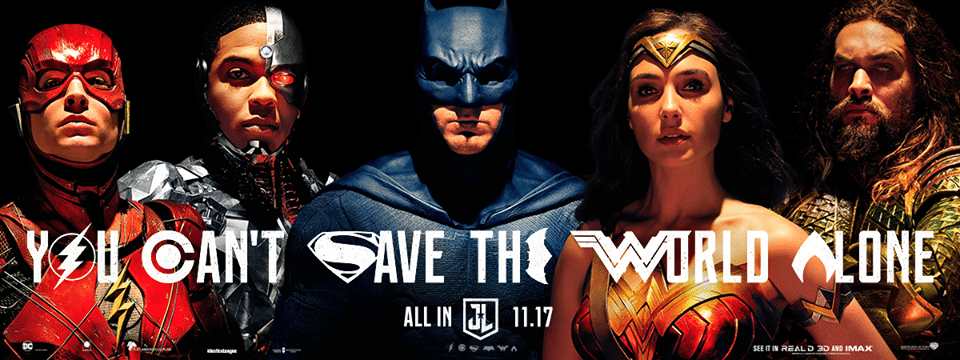
 The Voice of Women in Cinema 2017: Wonder Woman vs. Justice League
The Voice of Women in Cinema 2017: Wonder Woman vs. Justice League
The Voice of Women in Cinema 2017: Wonder Woman vs. Justice League
2017 has been the year of women speaking out about subjects typically mentioned in whispers. The media’s continuous stream of stories on sexual harassment and abuse – particularly the shatteringly-raw #MeToo campaign and numerous allegations against well known figures in the entertainment industries – has not only successfully flattened those unpleasant celebrities, politicians and producers who committed such acts by exposing their exploits, but has also raised huge awareness of the grand scale of sexual abuse as a result. Somehow, it seems like women’s voices are finally being heard. Can it be?!
In the film industry: not quite. Women are still under-represented in film, and although filmmakers are slowly inching towards providing female characters with more dialogue and more interesting narrative roles, we still have a long road ahead before we can start calling the industry gender-equal (let’s not even mention the pay gap). For example, let’s consider two of the most-anticipated films of 2017: Wonder Woman and DC’s Justice League.

Wonder Woman, released in May, was a ground-breaking success. Diane Prince (Gal Gadot), a fierce and witty Amazonian not to be reckoned with, balances the forces of good and evil by fighting to save the world in the male-dominated context of frontline WWI, all while juggling a love interest with an expertly role-reversed damsel in distress American pilot, Steve Trevor (Chris Pine). Many critics congratulated director Patty Jenkins on breaking a glass ceiling that should have been shattered long ago. Diana was heralded as an embodiment of inspiration, and many critics prayed that the debut success of the film would help end the myth within the industry that people will not see a movie purely about women. Jenkins pulled off the masterpiece with flare, promising a sequel in 2019.
So far so good – THANK YOU Jenkins! One small step for Wonder Woman, one huge step for woman-kind.
However, DC’s re-working of Gadot’s performance in the recent DC Justice League (November 2017) offered an altered take on the feminist icon audiences were initially introduced to in Wonder Woman. Here, we can thank director Zack Snyder for causing Diana to fall victim to the male-gaze – welcome back to the land where a woman’s voice is drowned out by her physical presence (one critic wrote noted how Diane ‘comes into any scene either ass or chest-first throughout the film, the camera leering up her skirt on more than one occasion’). She loses her initial flare, and instead provides a strangely soft and supportive role. She’s narratively constrained and mutely overshadowed by her male colleagues in this new, disparate posse, and completely foreign to the force we witnessed in Wonder Woman. Two directors; two representations of who is arguably the first female superhero to be depicted as powerful in cinema. One daft director’s manipulation of audience perception which attempts to de-rail the process.
If audiences are intended to see film as a reflection of narratives that matter to current society, then Hollywood must fast-forward to the segment in history where women’s voices are heard and considered alongside, and not beneath, their male counterparts.
It would be wrong to speculate that we must rely on female directors to provide audiences with strong female leads – after all, the gender-progressive Star Wars franchise (the brilliance of lead character Rey is replacing the role of Luke Skywalker, not Princess Leia), is directed by men. A new Tomb Raider and Kill Bill are scheduled to for release in cinemas in the coming year. Let’s just hope these women are given their own voices, and are not cast through the same subjective gaze they have been for decades.
‘You can’t save the world alone’, states the Justice League propaganda posters splashed all over the world. It may as well be directed at Diana, and add – ‘not without men’. Not yet, DC. Not yet.

